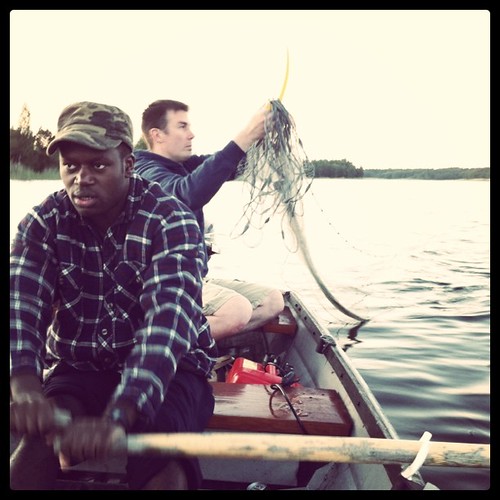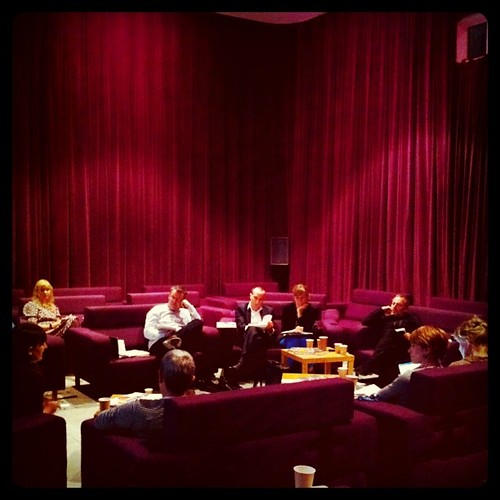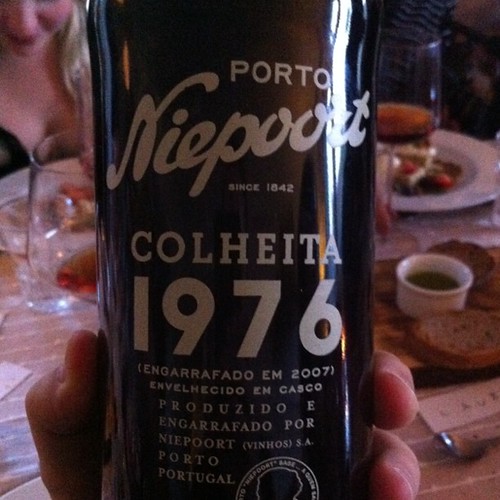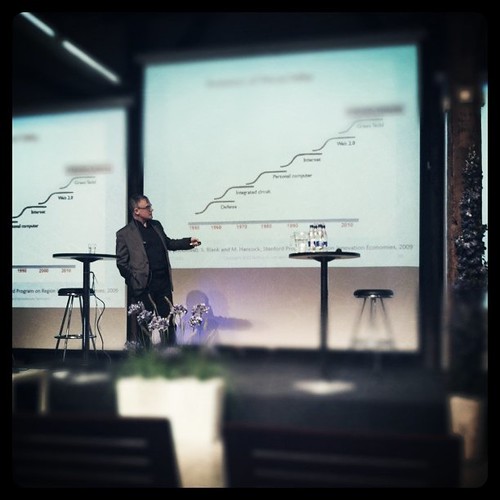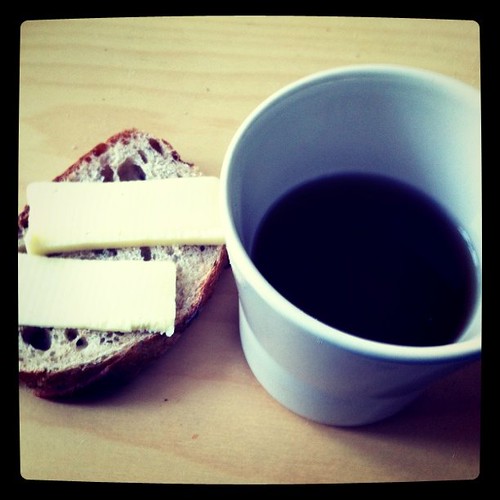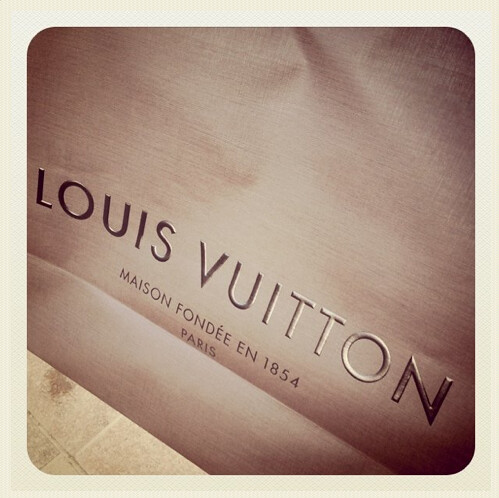"What are you waiting for?" That is something many pro-entrepreneur individuals say when you have an idea or would like something to be better. I completely agree, that yea "What are you waiting for!". Just do it. After that, everybody starts talking you should go lean, fail fast and learn while doing it. This way there might be better chance to find a fit for the market and start collecting those dimes worth more than variable costs per unit sold.
Therefore, just as an idea: When you start your business, there is an immense rush to get stuff done. It stresses you out in the nights, gets you a positive rush the next and anxiety the day you look into the business' bank account. And the latter one is the one you are rushing for.

Be the first in the market...er...not
Be the first in what you do? Well, I don't think so. You might have heard the praises for blue ocean strategy. In blue oceans, demand is created rather than fought over. There is ample opportunity for growth that is both profitable and rapid. In blue oceans, competition is irrelevant because the rules of the game are waiting to be set. Blue ocean as a strategy is correct, but it often is mixed with the idea of being the first.
It is true that you have many advantages if you execute an blue ocean strategy. But the advantage does not come from being the first.
The gold rush
So, what is the key when you go out and start your business? I would argue that is it the rush to have a great product. You are definitely in a rush, especially every time you look into your bank account. Eric Ries argues that an entrepreneur’s greatest advantage is their obscurity. If your first product sucks, at least not too many people will know about it. But that is the best time to make mistakes, as long as you learn from them to make the product better.
Therefore, the rush is to have a great product that creates a blue ocean before you run out of money.

